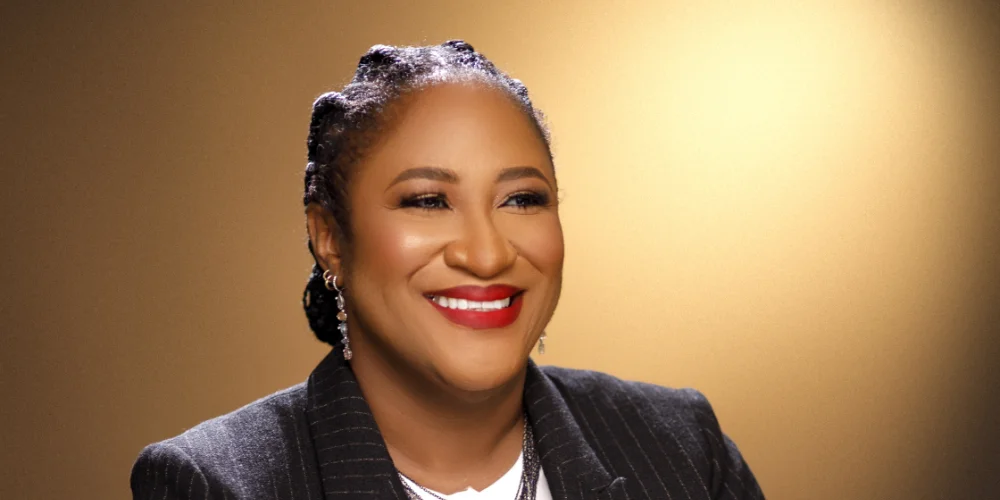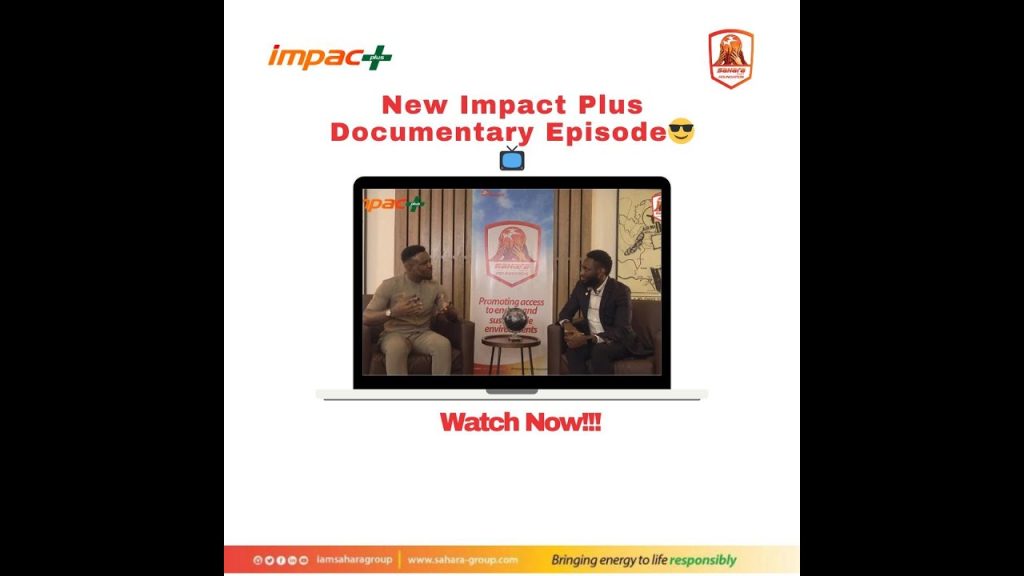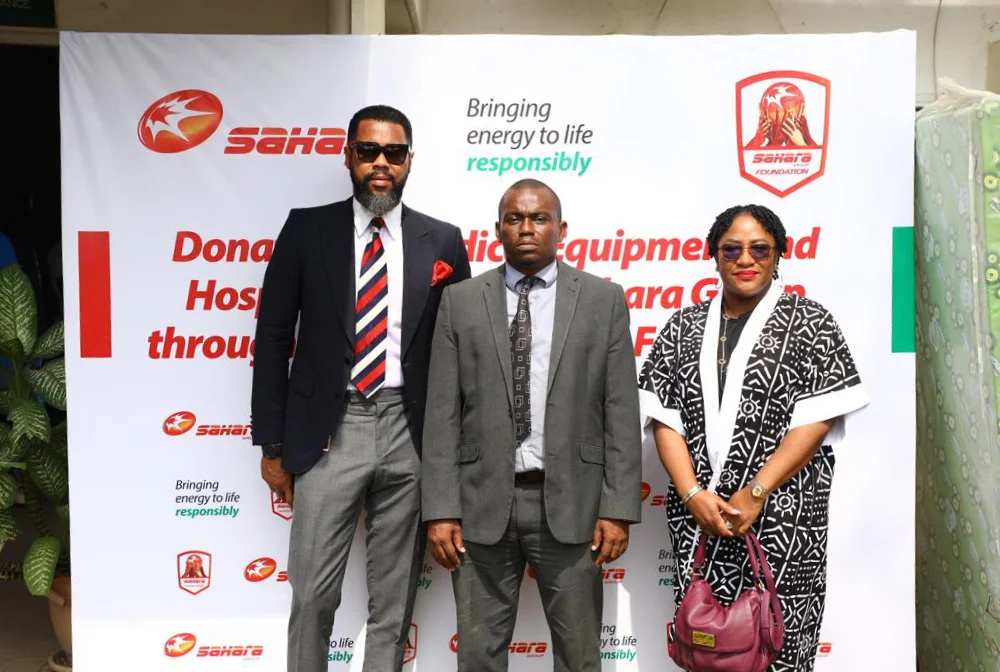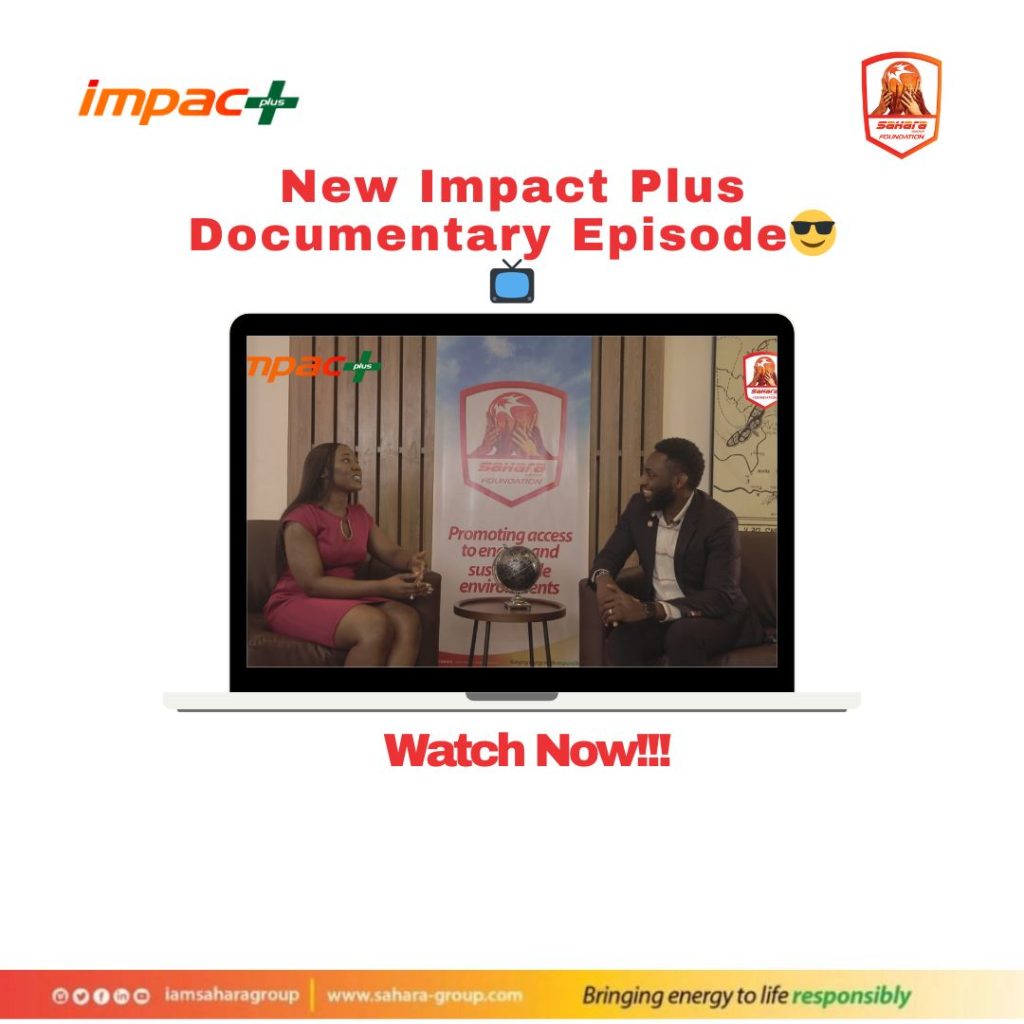The narrative surrounding sustainability has often focused on large-scale solutions – government policies, international agreements, and industry overhauls. While these efforts are crucial, a powerful and often overlooked force for positive change exists much closer to home – the consumer. The concept of the consumer as a changemaker refers to individuals’ power to shape a more sustainable future through their everyday choices.
Every purchase we make sends a message—one that extends far beyond the simple exchange of goods and money. It communicates our values, preferences, and priorities to producers, suppliers, and policymakers. In a world where consumer demand shapes market trends, our choices wield considerable influence over businesses’ practices and policies. Consumers can drive positive change through their shopping habits by consciously opting for eco-friendly products, supporting sustainable brands, and advocating for responsible production processes.
Further, the rise of social media and digital activism has empowered consumers to amplify their voices and hold companies accountable for their environmental impact. This is not about placing the burden of sustainability solely on individuals. Instead, it is about recognizing the consumer groups and empowering them to make informed choices. When a critical mass of consumers makes sustainable choices, it creates a ripple effect, forcing corporations to adapt and innovate.
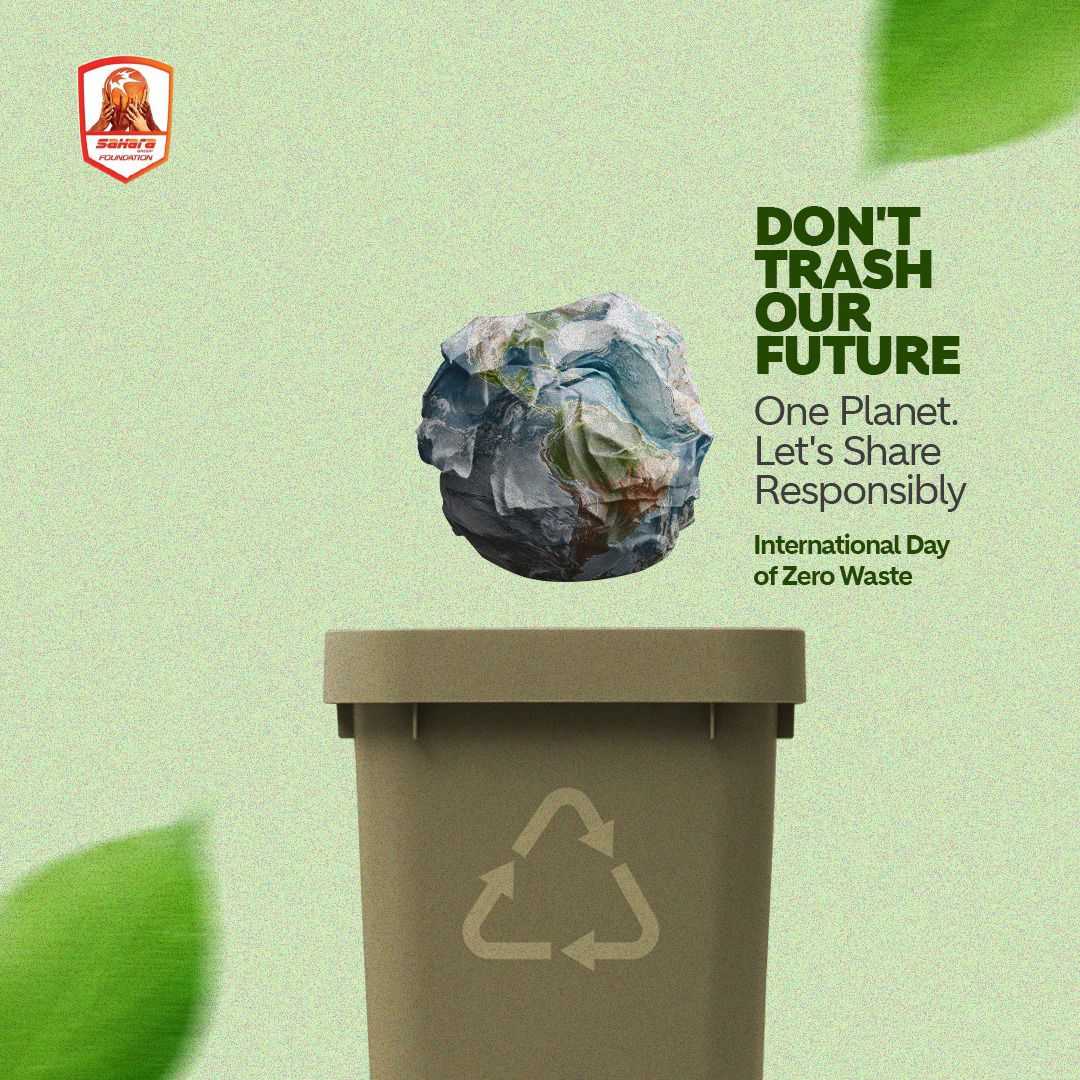 Embracing the Three Rs:
Embracing the Three Rs:
At the heart of consumer-driven sustainability lies the principle of the three Rs: reduce, reuse, and recycle. These simple yet powerful concepts serve as guiding principles for individuals seeking to minimize their environmental footprint and promote a circular economy.
Reduce: The first step towards sustainability is to minimize consumption. By adopting a minimalist mindset and questioning the necessity of every purchase, consumers can reduce waste and conserve valuable resources. From embracing minimalism in fashion to practicing energy efficiency at home, there are countless ways for individuals to embrace the ethos of “less is more.” Also, impulse buying will be curbed while you prioritize quality over quantity. For infrequent needs, consider borrowing or renting instead of buying.
Reuse: This concept promotes giving items a second life before discarding them. Instead of discarding items after a single use, consumers can embrace the practice of reuse. By repairing, repurposing, or donating items, individuals can extend their lifespan and reduce the burden on landfills. From reusable shopping bags and water bottles to upcycled furniture, household items, fabrics, and clothing, there are endless opportunities to give products a second lease of life and reduce waste.
Recycle: Recycling is crucial in closing the loop on resource consumption. By separating recyclable materials and supporting local recycling initiatives, for example, the Go Recycling initiative powered by Sahara Group Foundation in partnership with the Lagos State Trust Fund (LSETF), Ibile Oil & Gas, and Wecyclers, consumers can help divert waste from landfills and conserve natural resources.
This recycling project’s overarching objective is to establish twelve recycling hubs across grassroots communities in Lagos state while fostering sustainable waste management across the state. This will go a long way in transforming waste management practices, providing an innovative solution to address the mounting challenges of waste disposal and recycling in Lagos State, for instance, and creating economic opportunities for residents who can exchange their waste for cash.
According to Pamela J. Shoemaker, a communication and gatekeeping theorist professor, there is no such thing as ‘away’. When we throw anything away it must go somewhere. “When you put the whole picture together, recycling is the right thing to do. We cannot solve our problems with the same thinking we used when we created them.”
So far, seven Go-Recycling hubs are strategically situated across Lagos State, and these hubs are open on weekdays from 9 am to 5 pm. Residents can visit any of the hubs in the following areas: Isolo LCDA, Osolo Way, Aswani Road; Igando-Ikotun LCDA, Ikotun-Idimu Road, Off Egbe Road; Lagos Island LCDA, 173 Adeniji Adele Road; Onigbongbo LCDA, 30 Kudira Abiola Way, Oregun, Ikeja; Ifako Ijaiye LCDA, NRC Building, Old Akute Road; and Old Savannah Bank, Obafemi Awolowo Road, Igbogbo-Baiyeku, Ikorodu LCDA , to exchange their recyclables including pet plastics, pure water sachets, plastic chairs, plastic tables, paper, cardboard, HDPE, LDPE, can bottles, and glass bottles for cash incentives.
However, it is essential to recognize that recycling alone is not a panacea for environmental issues. To maximize its effectiveness, consumers must prioritize reducing and reusing before recycling.
Empowering Individuals for Collective Impact:
While individual actions are undoubtedly necessary, true sustainability requires collective action on a larger scale, i.e., global, regional, national, state, community, etc. Governments, businesses, and civil society must work together to create an enabling environment for sustainable practices and incentivize responsible consumption. There are numerous avenues for systemic change, from implementing policies that promote eco-friendly production to investing in green technologies and infrastructure.
Ultimately, however, individual consumers’ collective power will drive this transformation. By making conscious choices and advocating for sustainability in their communities, individuals can inspire others to join the movement and create a ripple effect of positive change. Whether choosing organic produce, supporting ethical fashion brands, or participating in local clean-up efforts, every action counts towards building a more sustainable future.
In conclusion, as we navigate the complex challenges of the 21st century, the role of the consumer as a changemaker has never been more critical. By embracing the principles of ‘reduce, reuse, and recycle’, individuals can empower themselves to drive meaningful change and contribute to a more sustainable and equitable world. Let’s work together to redefine consumerism and turn it into a force for good.

